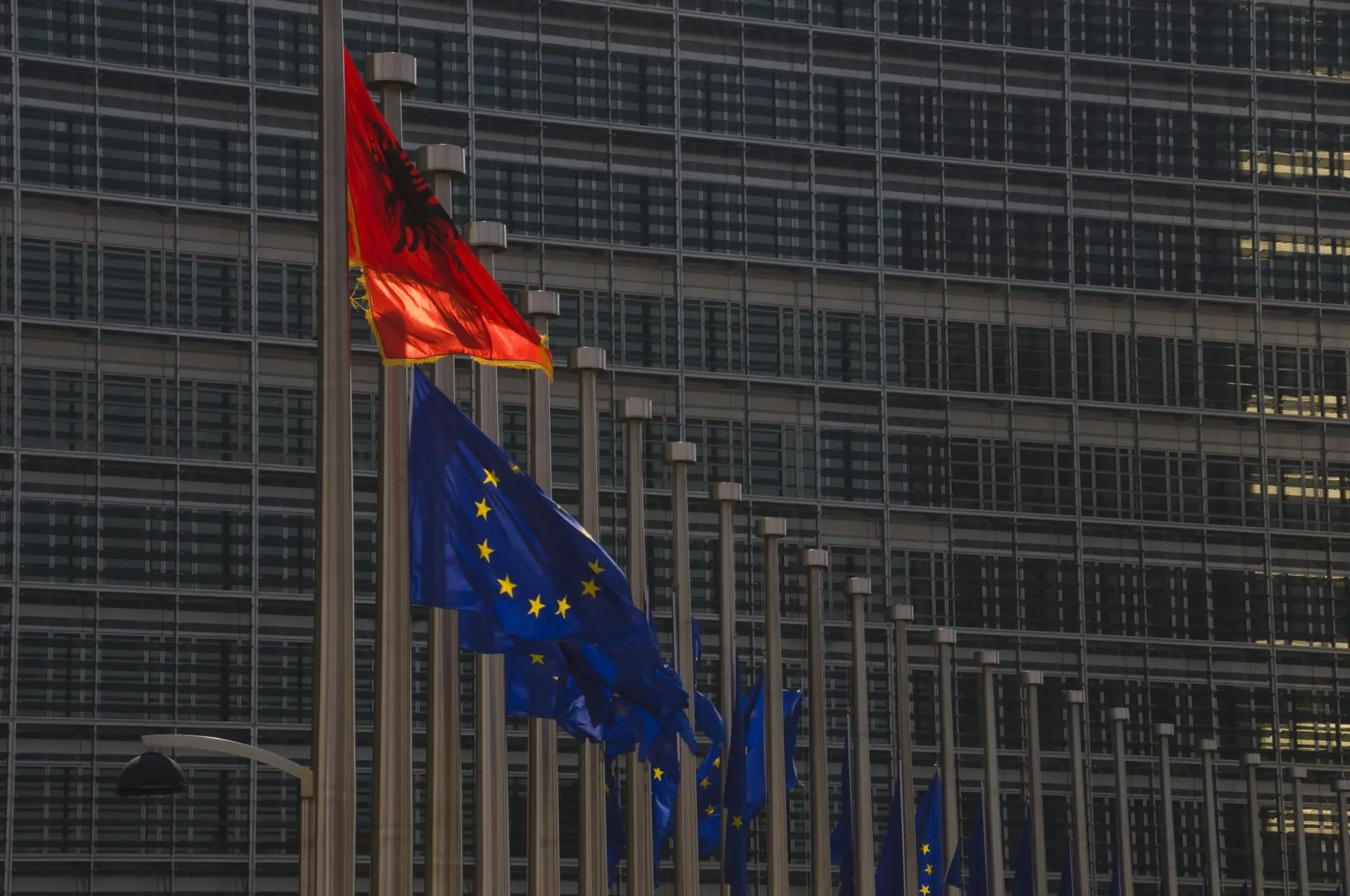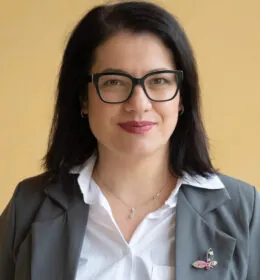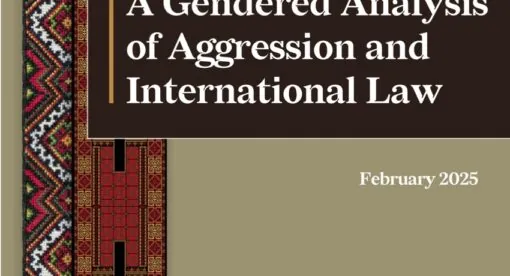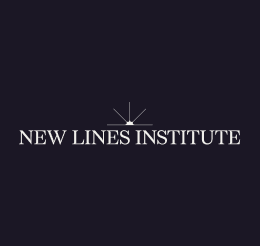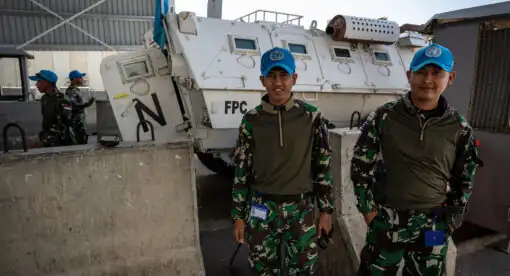This report is part of the larger anthology “Insights into Albania: Internal Struggles and Geopolitical Challenges in the Western Balkans”
Read the report here
Read the full anthology here
Albania’s journey toward European Union membership has been long and complex. The signing of the Stabilization and Association Agreement (2006), the achieving of candidate status (2014), the opening of accession negotiations (2022), and the ending of the screening process (2023) have been some of the milestones along the way.
Delays often were linked to the need for comprehensive reforms, particularly in the areas of rule of law, good governance, and anticorruption. Since it first became a democratic country, Albania has held aspirations of greater Euro-Atlantic integration, with NATO and EU membership as its ultimate goals.
Albania realized one goal by joining NATO in 2009. Today, it remains actively engaged in the negotiation process toward its ambitions for EU membership with two opened clusters, as it works to align its institutions and policies with EU standards in hopes of eventually becoming a full member in 2030. Under these auspices, Prime Minister Edi Rama is running for a fourth mandate in the May 2025 elections.
Klodiana Beshku is an associate professor and lecturer on geopolitics and European integration at the University of Tirana. She is a visiting fellow at the Robert Schuman Centre of Advanced Studies at the European University Institute in Florence, Italy. She has lectured before academic and policy-oriented audiences at the Centre for High Defence Studies in Rome, the University of Florence, the University of Catania, the University of Palermo, the Institute for Philosophy and Social Theory of Belgrade and the Albanian American Development Foundation in Tirana. She has held advisory positions to the minister for Europe and foreign affairs of Albania for EU affairs. She co-edited the book “Albania and Europe in a Political Regard” (Cambridge Scholars Publishing, 2013). Other research has appeared in such journals as Europe-Asia Studies, Studia Politica and Journal of Liberty and International Affairs.
The views expressed in this article are those of the author and not an official policy or position of New Lines Institute.

